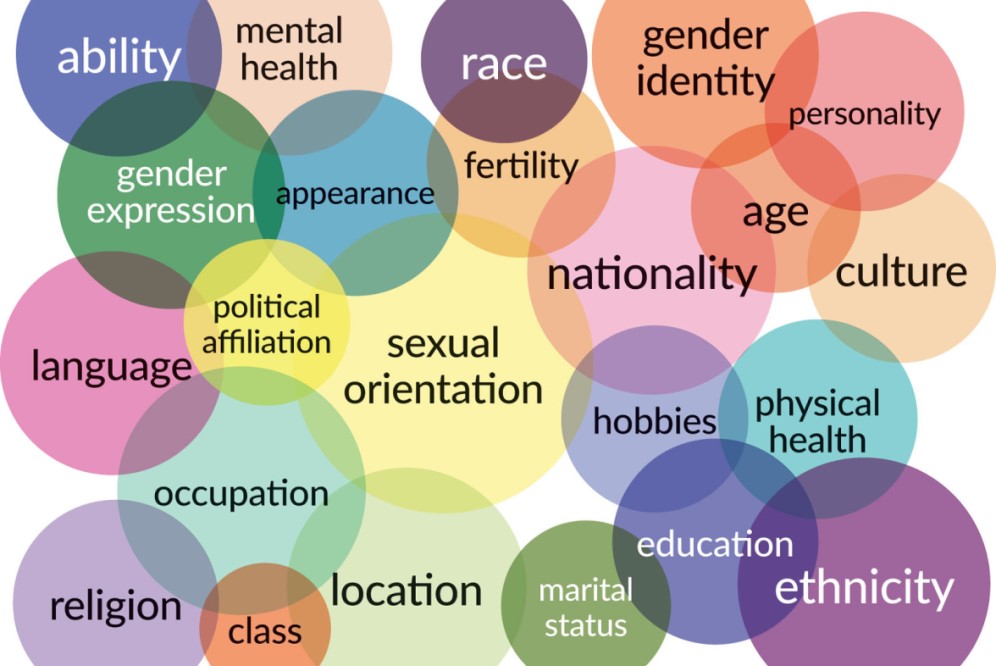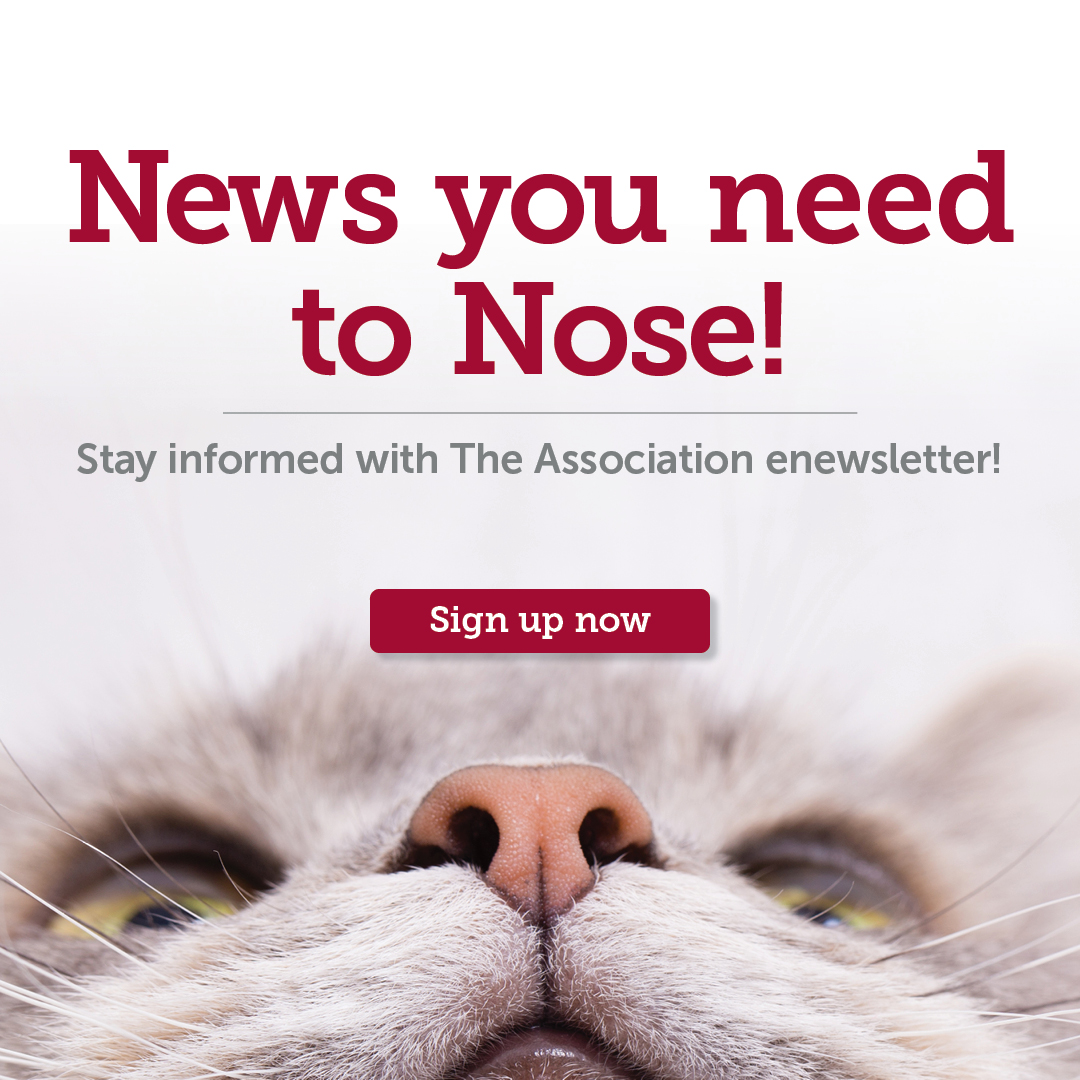News, ideas & inspiration from industry leaders

DEI Spotlight: How To Be an Intersectional Leader
In the first of her two-part blog series, Jasmin Robinson introduced the concept of intersectionality. In Part II, she takes a critical look at a common hiring practice through an intersectional lens.
Years ago, I served on a search committee for an organization. We were responsible for selecting the next person for a highly visible leadership position, and after many weeks of deliberation, the committee selected two finalists. One candidate identified as a White man, and the other as a Black woman. For context, the organization needed help to attract diverse candidates. Additionally, recent data from an internal audit revealed a need to strengthen efforts to diversify its employee base.
However, to my disappointment, when the time came to select the candidate, some of the committee members debated who would be the “best fit.” I assumed that since we had two eligible candidates, we would use this opportunity to increase race and gender diversity in our leadership. However, after a heated discussion among the committee, we offered the position to the candidate whose identities and ideals “fit” the organization’s existing culture. Several committee members were disappointed in the outcome. In my mind, this was another example of a failed attempt to create an inclusive, diverse work environment.
Animal welfare organizations often face challenges such as recruiting and hiring diverse candidates. Sometimes, you hear statements such as, “We couldn’t find anyone,” or “We don’t know where to look.” While there are examples of success, what often happens is hiring teams who want to diversify their workforce instead inadvertently hire for sameness.
If leaders wish to genuinely invest in diversifying their organizations, they must reconsider culture “fit” in the hiring and recruitment process. This idea perpetuates sameness and, over time, widens inequities in organizations. And in practice, it translates to hiring the same types of voices and perspectives repeatedly.
The reality is that diversity means difference. And by that definition, everyone would be eligible. So, what happens is that the term is over-generalized and reduced to examples such as “diversity of thought” or “diversity of ideas,” and then used to justify hiring candidates with the same values, ideas, and identities. Consequently, using the term diversity in this way has an adverse effect that promotes exclusion. Over time, this can hurt organizations and the animals they hope to support.
However, leaders can empower their hiring teams to rethink and leverage diversity in a way that deepens their understanding and support for animals and humans. This is where intersectional leadership comes in. As you consider your HR practices, ask if they reinforce a culture that hires for sameness. Might the best candidate not be the “best fit” for your existing organizational culture?
Read Part I in the series, What Is Intersectionality?
Learn More
Upcoming DEI Webinar: Be an Upstander, Not a Bystander
Tip of the Week: Busting Biases at Work
4 Tips for Applying DEI to Your Daily Work
Image: Syracuse University



